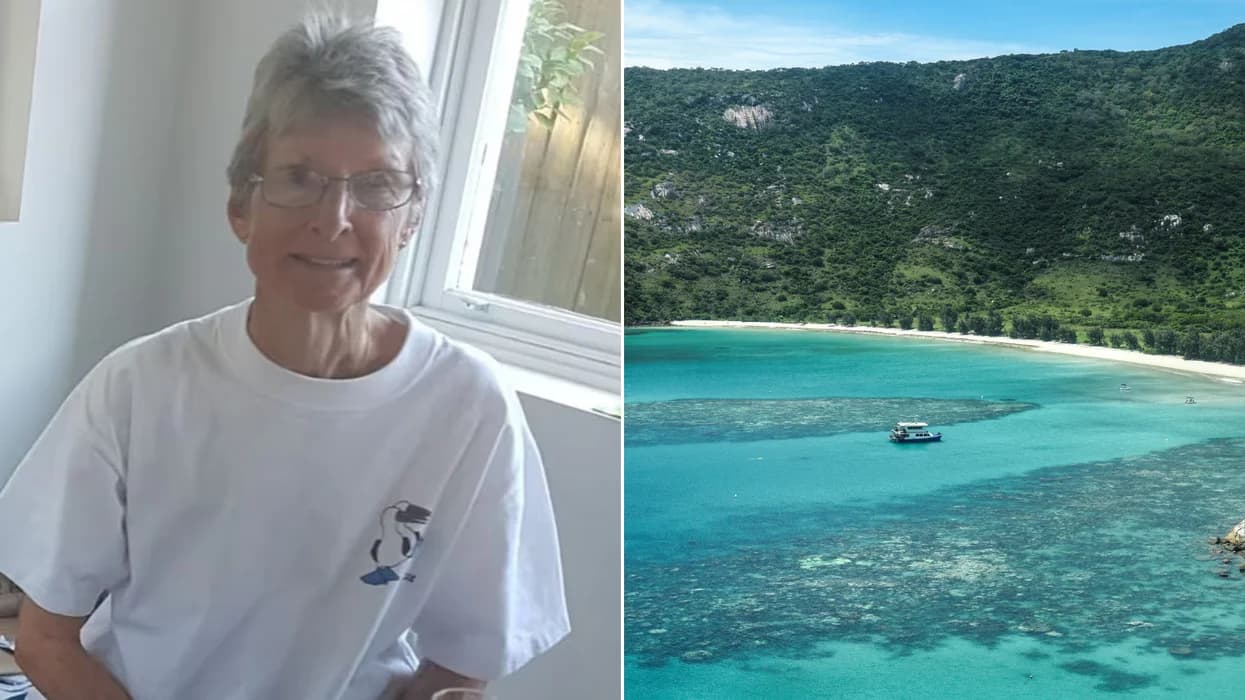We're loading the full news article for you. This includes the article content, images, author information, and related articles.
The death of a tourist left on a remote Australian island raises urgent questions about tour operator duty of care, a critical issue for Kenya's own vital tourism sector.

GLOBAL – The family of an 80-year-old woman who died after being left behind by a cruise ship on a remote Australian island has accused the operator of a “failure of care and common sense,” prompting multiple official investigations into the incident. The case highlights the stringent safety protocols and accountability expected of tour operators globally, a standard with direct relevance to Kenya's extensive tourism and safari industry.
Suzanne Rees, an Australian national from New South Wales, was found deceased on Lizard Island, part of the Great Barrier Reef, on Sunday, 26 October 2025. She was a passenger aboard the 'Coral Adventurer', operated by Coral Expeditions, which had stopped at the island for a day excursion on Saturday, 25 October. This was the first stop on a 60-day luxury cruise circumnavigating Australia.
In a statement released on Thursday, 30 October, the victim's daughter, Katherine Rees, asserted that her mother, a healthy and active bushwalker, had felt unwell during a group hike on the island. “We understand from the police that it was a very hot day, and Mum fell ill on the hill climb,” Katherine Rees stated. “She was asked to head down, unescorted. Then the ship left, apparently without doing a passenger count. At some stage in that sequence, or shortly after, Mum died, alone.”
According to reports, Ms. Rees joined a hike to the island's highest point, Cook's Look, but separated from the group after feeling unwell and decided to turn back. The Coral Adventurer departed Lizard Island that afternoon. Her absence was reportedly not noticed until she failed to appear for dinner that evening. The Australian Maritime Safety Authority (AMSA) confirmed it was alerted by the ship's captain that a passenger was missing at approximately 9:00 PM local time (2:00 PM EAT) on Saturday, several hours after the ship's departure.
The vessel returned to the island in the early hours of Sunday morning, and a large-scale search operation involving a rescue helicopter was launched. Ms. Rees's body was discovered later on Sunday morning, reportedly about 50 metres off the hiking trail.
The incident has triggered a multi-agency investigation in Australia. The Australian Maritime Safety Authority is examining the apparent failure to account for all passengers before departure. Under Australian maritime law, passenger vessel operators must have a verifiable system to confirm the number of passengers on board at any time. Queensland Police are preparing a report for the coroner, describing the death as “sudden and non-suspicious.” Workplace safety authorities are also investigating.
Mark Fifield, the Chief Executive of Coral Expeditions, issued a statement expressing the company's deep regret over the incident. “While investigations into the incident are continuing, we are deeply sorry that this has occurred and are offering our full support to the woman's family,” Mr. Fifield said on Tuesday, 28 October. He confirmed the company is cooperating fully with all authorities.
While this tragedy occurred thousands of kilometres away, it serves as a stark reminder of the critical importance of passenger safety and accountability in the global tourism industry. For Kenya, where tourism is a cornerstone of the economy, the incident underscores the non-negotiable standards required of tour, safari, and transport operators. The principles under investigation—such as the duty to conduct accurate passenger headcounts, provide adequate care for guests who fall ill, and maintain robust emergency response protocols—are universal.
International tourists, whether on a cruise in the Pacific or a safari in the Maasai Mara, place their trust in the hands of operators. This event will likely lead to increased scrutiny of safety procedures across the sector. Kenyan operators can view this as an opportunity to review and reinforce their own safety management systems, ensuring that every possible measure is in place to protect their clients and uphold the country's reputation as a world-class, safe travel destination.
Keep the conversation in one place—threads here stay linked to the story and in the forums.
Sign in to start a discussion
Start a conversation about this story and keep it linked here.
Other hot threads
E-sports and Gaming Community in Kenya
Active 9 months ago
The Role of Technology in Modern Agriculture (AgriTech)
Active 9 months ago
Popular Recreational Activities Across Counties
Active 9 months ago
Investing in Youth Sports Development Programs
Active 9 months ago